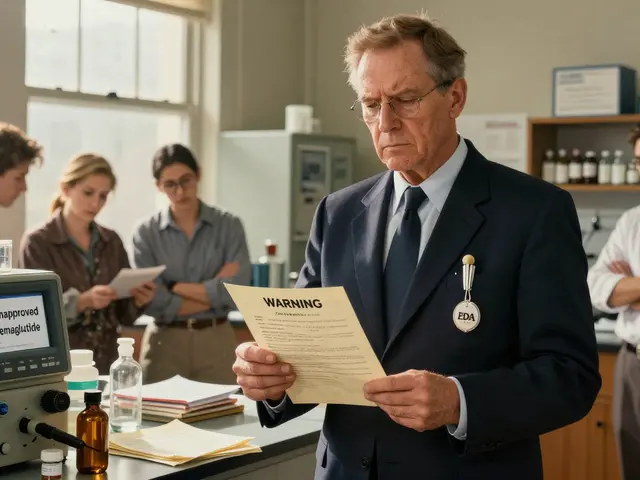Post-Surgery Recovery: Practical Tips to Heal Faster
Did you know many avoidable readmissions after surgery happen because people miss simple signs or stop meds too soon? Recovering well doesn’t need to be complicated. Small daily choices—how you move, eat, and manage pain—make the biggest difference.
First, follow your surgeon’s instructions exactly. That sounds obvious, but people often skip dressings, stop antibiotics early, or change activity rules without asking. If something feels unclear, call the clinic. It’s better to ask than to guess.
At-home care that helps
Simple routines speed healing. Keep your wound clean and dry unless your provider says otherwise. Wash hands before touching dressings. Change bandages on schedule and look for trouble: increased redness, swelling, warmth, a foul smell, or thick yellow/green drainage are red flags.
Pain control matters. Take pain meds on a schedule for the first 48–72 hours rather than waiting until pain spikes. If you were given an opioid, use the lowest dose for the shortest time and add non-opioid options—acetaminophen or ibuprofen—if allowed. Ask about stool softeners if opioids constipate you. Never mix alcohol with prescription pain meds.
Move regularly. Short walks, ankle pumps, and gentle stretching reduce stiffness and lower the risk of blood clots. If your team prescribed blood thinners, use them as directed and watch for signs of clotting: sudden calf pain, swelling, or shortness of breath need urgent care.
Nutrition and sleep speed recovery. Aim for protein at each meal (eggs, yogurt, beans, lean meat) to rebuild tissue. Drink water—dehydration slows healing. Try to sleep on a schedule; even daytime naps can help if nighttime sleep is poor.
When to call your doctor — and when to go to ER
Call your surgeon or primary care if you have a fever over 100.4°F (38°C), wound drainage that gets worse, rising pain despite meds, or sudden swelling/redness near the incision. Go to the emergency room for heavy bleeding, severe shortness of breath, chest pain, fainting, or signs of a dangerous clot.
Mental health matters too. Feeling anxious or low after surgery is normal, but if mood changes stop you from doing basic care or leave you sleepless for days, tell your provider. Simple counseling or medication adjustments can help.
Need medications? If you order online, use a reputable pharmacy and keep prescriptions on file. Check reviews, verify contact information, and never buy meds from sites that don’t ask for a prescription for prescription-only drugs.
Finally, keep follow-up appointments and write down questions before calls. Treat recovery like a short-term job: follow instructions, rest smart, eat well, and move safely. Those few habits give you the best shot at getting back to normal fast.

Does Anesthesia Cause Blood Clots? Facts About Surgery, Immobility, and Clotting Risk
Wondering if anesthesia causes blood clots? This article uncovers the real connection between anesthesia, surgery, and your risk of developing clots. Get straightforward answers, learn tips to lower clot risks, and see what really triggers clots after an operation. Using real-world examples and facts, we clarify what's myth and what's medical reality—no scare tactics, just useful knowledge.
Health and MedicineLatest Posts
Tags
- online pharmacy
- medication safety
- generic drugs
- medication
- dietary supplement
- side effects
- online pharmacy UK
- drug interactions
- mental health
- impact
- online pharmacies
- statin side effects
- dosage
- adverse drug reactions
- generic vs brand
- pediatric antibiotics
- antibiotic side effects
- FDA drug safety
- skin health
- health




